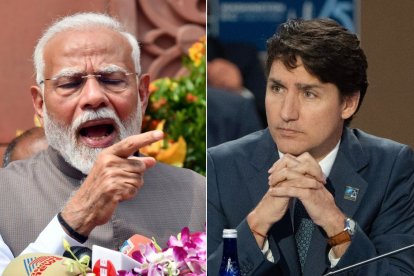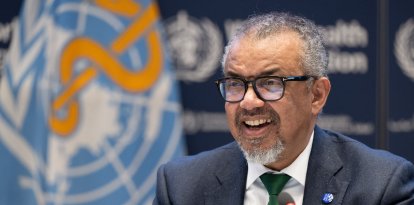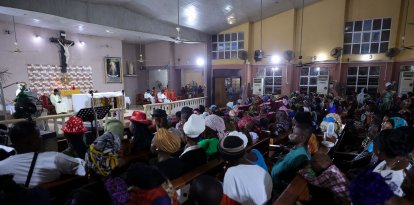Conflict between Canada and India: Diplomat expulsions and murder accusations
Canadian authorities accused the Indian delegates of taking advantage of their diplomatic status to participate in a crime ring in Canada.

Narendra Modi (left) and Justin Trudeau (right)
Ottawa on Monday announced the expulsion of six Indian diplomats, including the high commissioner, accusing them of being part of a network of intimidation and harassment of Indian-Canadians professing the Sikh religion in Canada. Hours later, New Delhi followed suit and expelled six Canadian delegates.
The tension began a year ago when an Indian-origin Canadian, Hardeep Singh Nijjar, was shot and killed in British Columbia. In September of that year, Prime Minister Justin Trudeau said that Indian officials were allegedly involved in the death of the Sikh activist, who advocated secession of an independent nation in northern India.
RCMP Commissioner Mike Duheme explained this week's escalation: "Indian diplomats and consular officials based in Canada leveraged their official positions to engage in clandestine activities such as collecting information for the government of India, either directly or through their proxies."

World
Canada: Ontario school hid girl's gender transition from her parents and reported them for wanting to interfere
Verónica Silveri Pazos
Cross-accusations
Trudeau backed up Duheme's words, claiming that there was "clear and compelling evidence" that Indian government agents had "engaged in, and continue to engage in, activities that pose a significant threat to public safety."
He claimed that the accusations included, "information gathering techniques, coercive behaviour targeting South Asian Canadians, and involvement in over a dozen threatening and violent acts, including murder." He said, "This is unacceptable."

World
Canada: Anti-Israeli statement from major LGBT group causes rift among local progressives
Leandro Fleischer
He also claimed that the Indian government had ignored his requests to cooperate in clearing up the case.
India denied the accusations and blamed the U.S. government for supporting "extremism, violence and separatism". It is not the first time that Indian authorities have accused Trudeau of sympathizing with the Sikh movement, which seeks to make the Punjab region independent, pointing out that its emigrants in Canadian territory support the ruling Liberal Party.
A similar case in the United States
A year ago, U.S. prosecutors charged an Indian national with attempting to murder a Sikh in the United States, linking this foiled crime to the one in Canada.
Both Nijjar and the victim on U.S. soil, Gurpatwant Singh Pannun, were critics of the Indian leadership. Pannun had reportedly been Nijjar's attorney.
So far, the U.S. authorities have not issued a statement.
RECOMMENDATION





















